Tag: indiana
-
Indiana voters to decide on amendment expanding residency options for city and town court judges in 2026
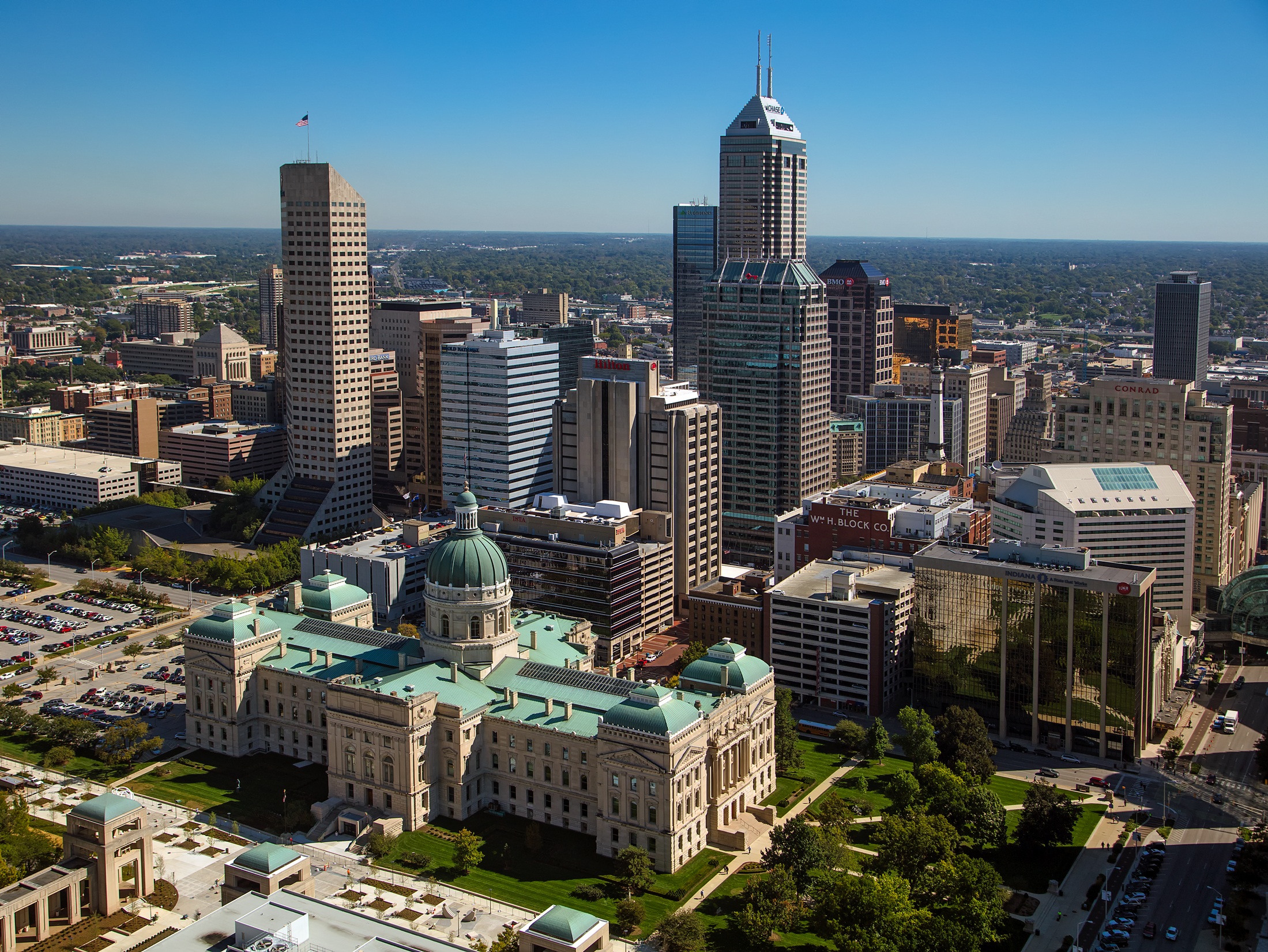
The Indiana State Legislature gave final approval to a constitutional amendment requiring city and town court judges to reside in either the county where the court is located or the bordering county closest to the court. Currently, city and town court judges must live in the city or town where the court is located. The…
-
Previewing Indiana’s only regularly-scheduled 2025 election
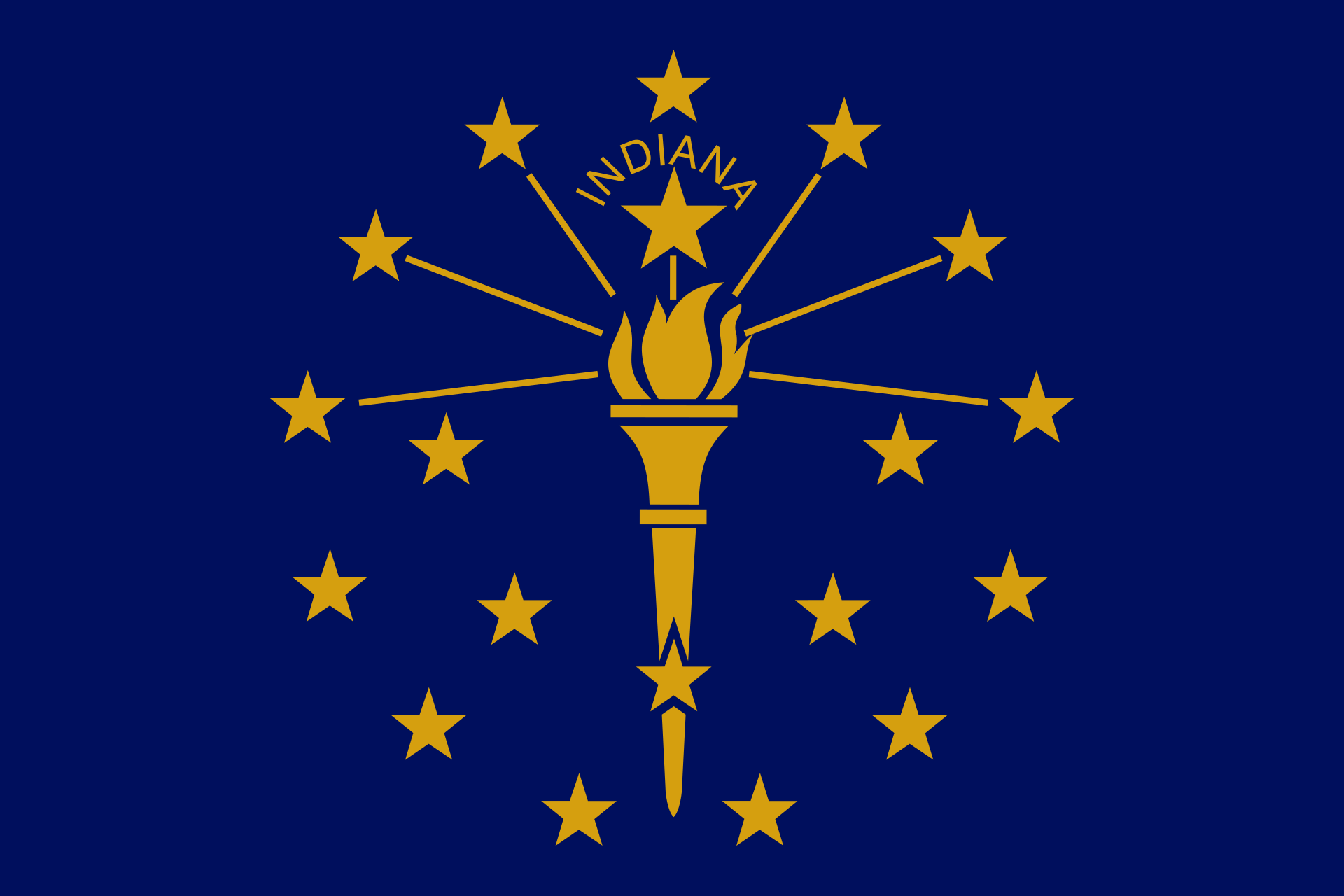
On Monday, March 3, 2025, voters in the Town of Vernon, Ind., population 236, will cast their ballots in the state’s only regularly-scheduled election of the year. Here’s a look at what, and who’s, on the ballot: Vernon is holding an election today because it is the only town in Indiana still governed by a…
-
63% of elections in Indiana are uncontested
Of 1,595 regular elections in Indiana—1,000 (63%) are uncontested. An uncontested election is one where the number of candidates on the ballot is less than or equal to the number of seats up for election. Of the 24 states where Ballotpedia is covering every election on Nov. 5, Indiana has the 11th highest rate of…
-
Four presidential tickets will appear on the ballot in Indiana this November

Indiana’s Nov. 5, 2024, general election ballot will feature four presidential candidates and their running mates. They are: Robert F. Kennedy Jr., running as an independent, withdrew from the presidential election in August, but will still appear on Indiana’s ballot as a We the People candidate. This is the most candidates on Indiana’s presidential ballot…
-
Indiana Secretary of State issues cease-and-desist order against BlackRock

Indiana Secretary of State Diego Morales (R) announced his office issued a cease-and-desist order Aug. 22 against BlackRock, arguing the asset manager misled investors and used non-ESG funds to promote ESG goals. Ballotpedia tracks support for and opposition to the environmental, social, and corporate governance (ESG) investing movement. To learn more about arguments for, against,…
-
Incumbent Frank Mrvan (D), Randell Niemeyer (R), and four other candidates are running in the general election in Indiana’s 1st Congressional District
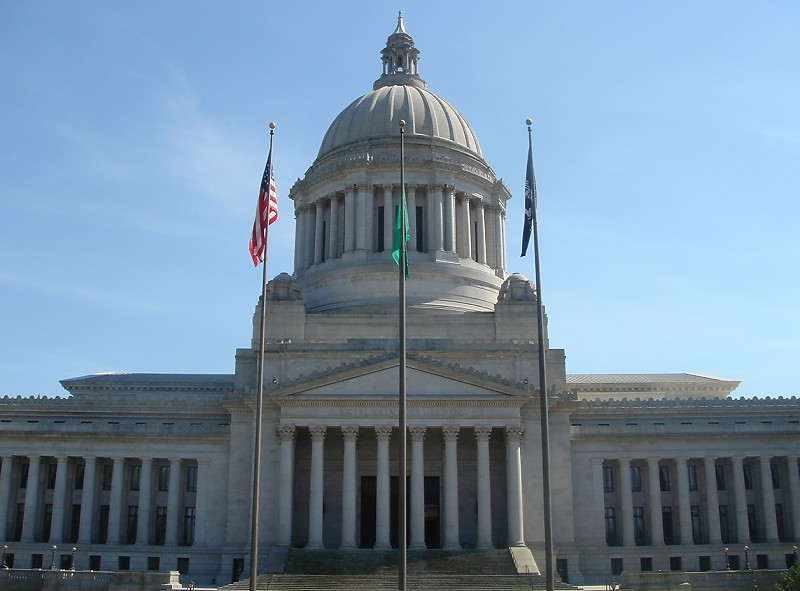
Incumbent Frank Mrvan (D), Randell Niemeyer (R), and four other candidates are running in the general election in Indiana’s 1st Congressional District on Nov. 5, 2024. Democrats have won every election for this district since 1930. A Daily Kos analysis of the round of redistricting following the 2020 census concluded that the 1st district had…
-
Nine states approved bills related to noncitizen voting, voters in eight states will consider ballot measures this November
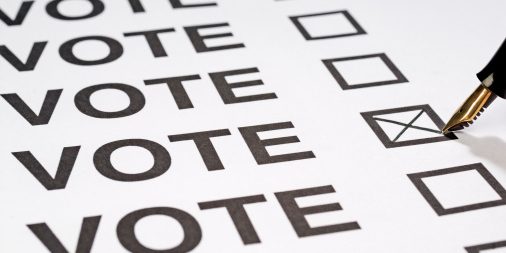
Nine states, including seven with Republican trifectas, have enacted legislation this year related to the eligibility of noncitizens to vote. In total, voters in eight states will consider ballot measures related to noncitizen voting at the November general election. In Louisiana, SB 436 requires proof of citizenship for voter registration applications. In 2022, Louisiana voters approved a ballot…
-
Incumbent U.S. Rep. Victoria Spartz (R) defeated Chuck Goodrich (R) and seven other candidates in the Republican primary in Indiana’s 5th Congressional District

Incumbent U.S. Rep. Victoria Spartz (R) won the Republican primary in Indiana’s 5th Congressional District on May 7, 2024. Spartz received 39.1% of the vote. Chuck Goodrich (R) finished in second with 33.2% of the vote. Seven other candidates also ran in the primary. Spartz announced in Feb. 2023 that she would not run for…
-
Jim Banks won the Republican primary for U.S. Senate in Indiana
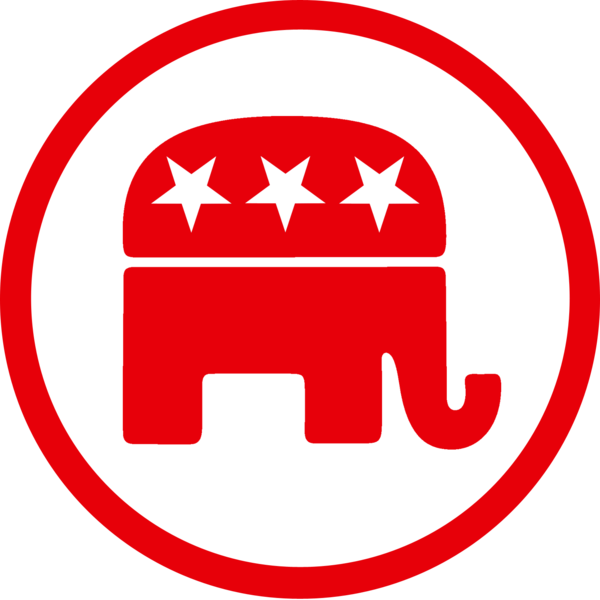
Jim Banks (R) won the Republican primary for U.S. Senate in Indiana on May 7, 2024. Banks was unopposed. Incumbent Mike Braun (R) ran for Governor of Indiana. Banks was a member of the U.S. House representing Indiana’s 3rd Congressional District, a former state senator, and a Navy Reserve veteran who served in Afghanistan. He…

